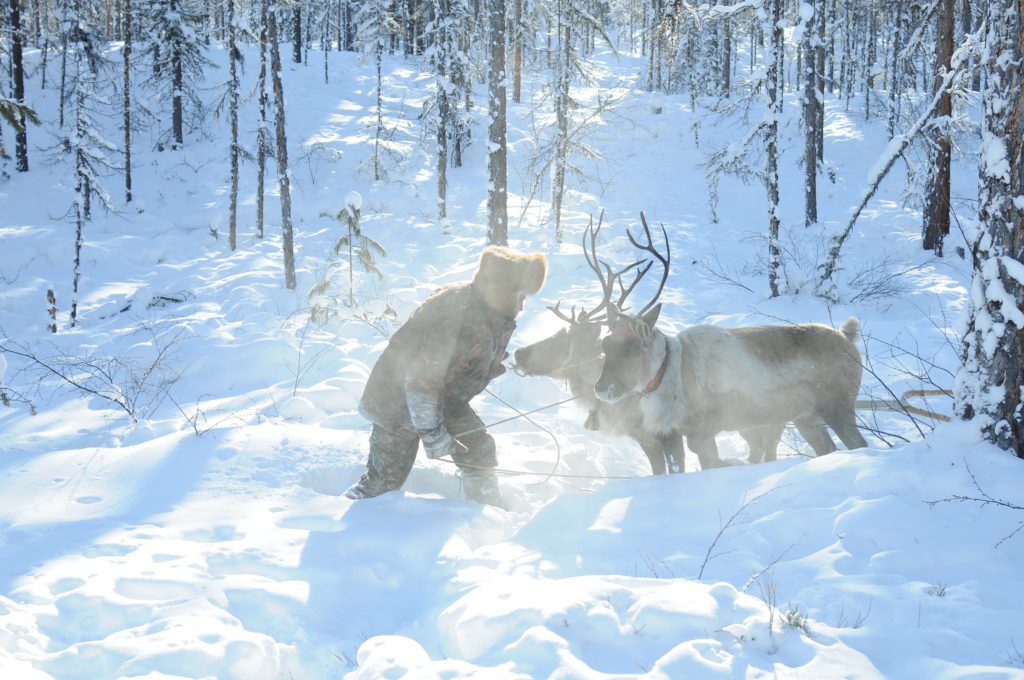Maybe you have never met a French chef who has a Sorbonne degree in Russian history and literature, who speaks different languages, including Russian and Japanese fluently, and who spent several years in the Siberian wilderness. Well, now you are reading about him.
Paul Caussé has recently launched his new venture in Monaco: Une Table dans le Maquis, which promises a unique, personalised, independent travel experience where travels are “real living stories”. No middleman involved, you choose the spot between different locations (Provence, Corsica, Liguria, Piedmont, Russia, Georgia and Japan for the moment), and the level of luxury you are comfortable with.
I agree, the only stars worth sleeping under are five stars but Paul’s expertise is in taking us off the beaten track to discover, to learn of the heritage, to be in awe of natural landscapes, and to immerse ourselves in local culture, gastronomy and crafts. Paul is your guide, travel planner, translator, driver as well as your… private chef.
Paul Caussé is an epicurean, always on the lookout for a new adventure, connection, recipe, or experience. Maybe it was his constant travels as the child of a military father – often posted to different parts of the world, or love of literature, especially that of Rabelais for “his jubilant and juicy language”.
After reading Jules Verne’s Michel Strogoff, Paul promised to himself as a boy that he would go to live in Siberia. After his studies at La Sorbonne and ESJ Paris (Superior School of Journalism), he packed his backpack and traveled to Irkutsk – a far eastern city in Russia, one of the largest cities in Siberia, near Lake Bajkal, the deepest lake in the world containing 20 percent of the world’s fresh water, the purest on Earth.
Paul was teaching French language and 19th century French economy at Irkutsk’s University as well as sending dispatches about his experience to French magazines and newspapers.
“I came from New Caledonia, an island next to Australia, and Irkutsk was also an island for me but in the middle of never-ending forest. You understand very quickly how small you are, how vast and huge nature is. People are completely shaped by the landscape that surrounds them. They are dedicated naturalists, proficient hunters, berry pickers, harvesters.”

“They taught me a lot of things and I understood I needed to do something with my hands, as a good craftsman – the idea is in the brain first but then hands need to execute it and I felt an incredible need to find the balance and work both mentally and physically. Cuisine was then obvious, because it is a craft at the end of a chain of other crafts. We interact with other know-how, with other people, and the enrichment is permanent. French chef Paul Bocuse said that there is no good cuisine without friendship. Cooking is the pleasure of sharing in its raw state, whatever the dish is.”
Paul returned to France to study at Ferrandi in Paris, a renowned culinary school where Michelin-starred chefs pass on traditional skills and tips and tricks of the industry.
“During my education, I was lucky to train in restaurants like Astrance (***Michelin) or Kokoro, both in Paris. There, you understand how serious craftsmanship is. You are at the very end of a channel, which involves many artisans with unique skills. Without them, you are nothing, you can’t tell any story. Cooking is not an abstract or magical performance.”
“I always try to perfect techniques, and consider myself as an eternal apprentice. Raw ingredients, where they comes from, their provenience and the story behind them fascinates me strongly.”
His learning experience did not only come from renowned restaurants but also the markets on the side of roads in Corsica, Siberia, Italy, Armenia, Georgia, China, Hong Kong…
Just a couple of years ago Paul had a chance to learn in one of the oldest kaiseki restaurants in Japan, Hyo Tei (***Michelin) in Kyoto where he studied Japanese food fermenting techniques and fish preparation. He recently published a book from this experience, in French only, Notes en Cuisine, Carnet kaiseki (Éditions Argol).
Six months before Covid struck, Paul established his company, Une Table Dans Le Maquis, named after the bush grown in Corsica – “It’s a bush that has enormous resilience, regrows very quickly… and very difficult to walk across! It hides consequently always hidden gems, that requires involvement, curiosity.”
His intention is to share a moment of pleasure, at the table, in a beautiful landscape. And for his clients to discover tools, craftsmen, suppliers. “Because ‘eating’ is a way of discovering and understanding the world and its inhabitants. Because ‘eating’ is a gift of the World.”
And his favourite food?
“My favourite food is the one that skilfully draws from its land. When it’s -40 degrees, the body spontaneously prefers Siberian cuisine to Sicilian! That’s why I don’t miss Japanese cuisine in Monaco… and French cuisine in Japan. A good cuisine makes sense from where it comes from. It is a mixture of agricultural know-how, cooking know-how… “To eat is to incorporate a territory”, said the geographer Jean Bruhnes.”
“I would like to add that the people also shape the territory. It is a dialogue. At the heart of cuisine, there is the consumer, and a model of society we choose. “What is your favourite food?” means finally “what model of society would you like?” Because at the heart of cuisine, there is the consumer, and his own choice.”


